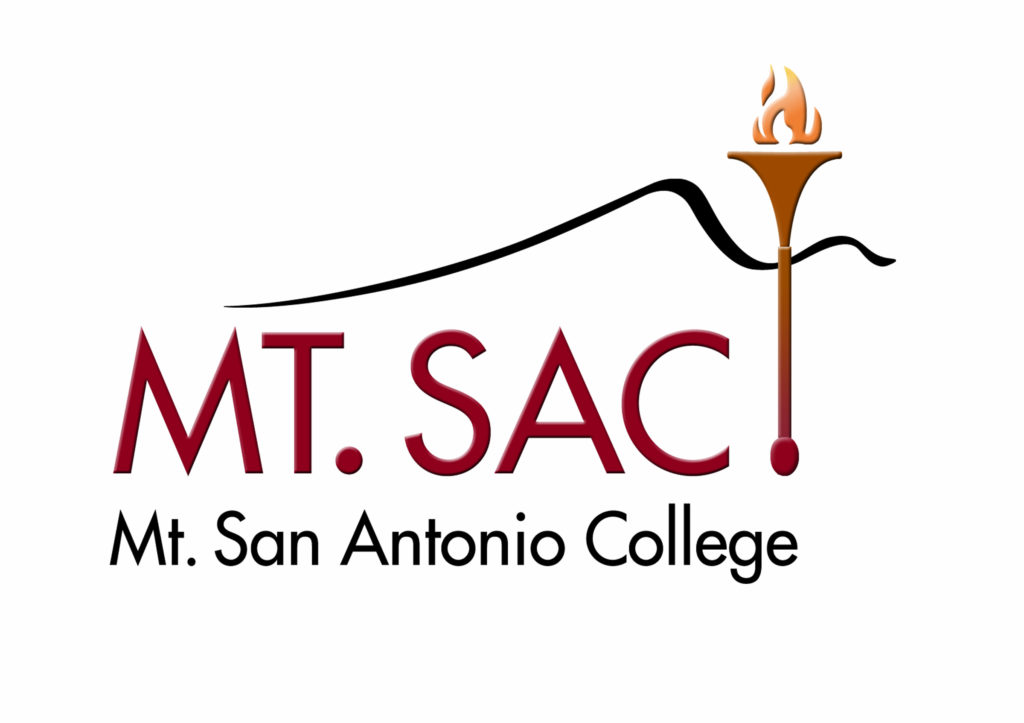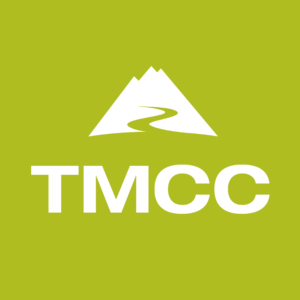The Benefits for Success CTE Academy


The Benefits for Success CTE (Career and Technical Education) Academy is a one-year, hands-on learning and design project for community and technical college CTE programs to maximize students’ use of vital benefits and resources. Colleges will design and test evidence-based solutions to make student access to benefits efficient and student-friendly, helping boost retention and completion now and in the future.
What we learned will make a difference for us professionally, for the institution, and most importantly, for our [CTE] students.
-Benefits for Success CTE Academy participant
I feel like this was very well organized and planned. Our time was valued and we had clear goals.
-Benefits for Success CTE Academy participant
It was great to have a support and ideas from outside of the agency/college to really look at things from a different perspective. To be able to show improvements. Guided timelines.
-Benefits for Success CTE Academy participant
ADDRESSING STUDENT NEED
Higher education is an important pathway to economic mobility, but for many of today’s students, the rising cost of living and the COVID-19 pandemic have made it increasingly difficult to afford the cost of college and meet basic needs.
A key solution is to ensure that students take full advantage of the benefits and supports available to them. In this Academy, SCD will work with colleges to make sure that resources for students don’t go underutilized. Maximizing students’ use of resources will help colleges make lasting changes to the ways they deliver services to meet current and future challenges.
ABOUT THE ACADEMY
The Student-Centered Design team has selected a cohort of student-focused community and technical college CTE programs to participate in the Academy, made possible through the generous support of ECMC Foundation.
College participants will receive a specially designed toolkit, research support, and technical assistance to streamline student access to resources. They will have the opportunity to share and learn from each other and look to the future, identifying the best ways to integrate the student voice into their priorities and practices.
BENEFITS OF PARTICIPATING
Participating colleges will develop resilient practices to support student success and receive training in improvement science, allowing them to lead the way in developing innovative processes that streamline benefits access for students.
By the end of the Academy, they will have gained:
- New and enhanced strategies to support student retention and completion goals
- A deeper understanding of the current student experience: obstacles that students encounter, their needs and motivations, and their ideas for improvement
- A stronger understanding of how students engage with benefits, resources, and supports
- Experience using applied behavioral science, improvement science, and human-centered design techniques
- Results from intervention testing to remove obstacles in student-facing processes
- The capacity to address similar challenges in the future and support more students in need
ACADEMY TIMELINE AND PHASES
Welcome
Welcome Calls and Project Definition
Phase 1
Learn, Assess, and Understand
Phase 2
Collaborative Intervention Design
Phase 3
Implement and Test Interventions
Phase 4
Debrief and Agenda Setting for the Future
ALUMNI

Chemeketa Community College
Chemeketa Community College, located in Oregon’s Willamette Valley, is a proud Hispanic-Serving Institution that aspires to be an inclusive environment where we honor and value the unique contributions of our diverse students, employees, and community. Serving approximately 10,000 students each year via our two campuses, two full-service outreach centers and multiple specialized training centers, we seek to foster cultural competence and pursue equitable solutions that support all students in achieving their educational goals.

Mt. San Antonio College
Mt. San Antonio College (Mt. SAC) is located in Walnut, California, on the eastern edge of the Greater Los Angeles Area. The mission of Mt. SAC is to support and empower all students in achieving their educational goals in an environment of academic excellence, and we proudly serve more than 50,000 students from all walks of life. Mt. SAC offers 240+ degrees and certificates, high-impact transfer programs, 200+ professional development and community courses, bachelor’s degrees designed for Mt. SAC students, and state-of-the-art technology, equipment, lab facilities, and classrooms. We provide extensive student services and supports to help our students persist and succeed.

Pine Technical and Community College
Pine Technical and Community College (PTCC) is a technical and comprehensive community college that proudly serves the education and training needs of East Central Minnesota. As a small two-year college located in rural Minnesota, we serve approximately 925 students each year. The college was founded in 1965 and is a member of Minnesota State, Minnesota’s largest provider of higher education, comprised of 30 colleges, 7 universities and 54 campuses that collectively serve over 340,000 students per year. Known for innovation and contributions to strengthen communities, PTCC makes college possible for those starting out or starting over.

Truckee Meadows Community College
Founded in 1971, Truckee Meadows Community College’s (TMCC) mission is to promote student success, academic excellence, and access to lifelong learning by supporting high-quality education and services within the Washoe County and the Reno/Sparks community. TMCC prepares students for completion of Bachelor and Associate degrees and technical and career skills certifications. During the fall 2019 semester, TMCC served 11,637 students enrolled in credit bearing courses; of these 28% were enrolled full time; 72% were enrolled part-time. The TMCC student body was made up of 51% first generation students; 46% minorities; 45% low-income; and the average student age was 24.5. (TMCC – Facts Guide – Fall 2019 – Institutional Research, Analysis and Effectiveness Office).
ACADEMY FACILITATORS AND COACHES

Bri Nguyen
Senior Consultant
Bri provides technical assistance to higher education and government partners to build capacity to deliver effective services that move people out of poverty. She also helps organizations evolve by leading change initiatives, designing and facilitating improvement processes, and developing high-impact programs. In 2017 and 2018, Bri ran a national learning academy to create new leadership capacity to build SNAP E&T programs across the country. As a facilitator and instructor, she delivers trainings that provide practical tools and real-life examples, drawing from her 20 years of experience in the public, non-profit, and private sectors.

Natasha Bennett
Research and Project Consultant
Natasha’s nine years of experience as a social science researcher includes extensive qualitative fieldwork and leveraging quantitative methods. Her substantive research interests include working with diverse and underserved populations to improve equitable access to social goods and services. She holds a PhD from UC Santa Barbara, and prior to joining SJI, she worked in higher education as a visiting assistant professor. In her spare time, she enjoys camping, visiting national parks, and playing bridge.
